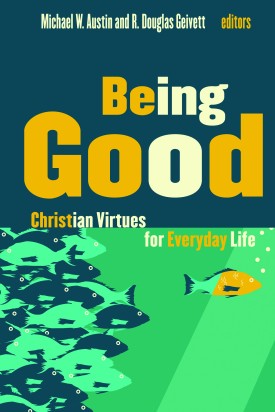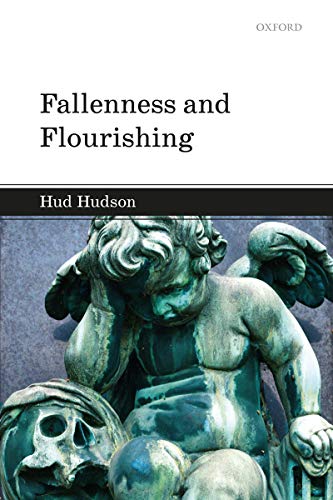On Open-Mindedness
Many Christians are wary of open-mindedness. They worry that it amounts to a kind of intellectual wishy-washiness, cowardice, or foolishness. But these misgivings about open-mindedness betray a misunderstanding of its basic nature and structure. In its most basic form, open-mindedness is a willingness and ability to transcend a certain way of thinking in order to “take up” or “take seriously” some distinct way of thinking. And it is rooted in or flows from a “love” of epistemic goods like knowledge, truth, and understanding.
When conceived of in this way, Christians have good reason to think of open-mindedness as an intellectual excellence or virtue. It comports well with the value that the Old and New Testaments place on truth and wisdom. It is obviously useful in the context of education and in “intramural” theological disputes. And it fits well with—and indeed may be required by—the kind of neighbor-love, enemy-love, and humility that Christians are called to by Jesus himself.
A question remains whether Christians should be open-minded about matters pertaining to their own Christian faith. Arguably they should, since the alternative would amount to being intellectually dishonest. That said, there limits on the sort of open-mindedness that can reasonably be expected of Christians. For instance, they can be expected to, say, modify or give up one of their Christian beliefs only if, from a settled, all-things-considered perspective, the evidence demands it.
Becoming open-minded is not a matter of direct or immediate choice. Rather, it requires intentionality, placing oneself in certain environments and avoiding others, self-reflection, and, for the Christian in particular, a rich and meaningful spiritual life.
Issues for further inquiry:
- The chapter provides some indication of when or with respect to what beliefs or ideas it is appropriate to be open-minded. But much more could be explored and said along these lines. For instance, exactly what considerations govern when an exercise of open-mindedness would be intellectually virtuous and why?
- It is fairly obvious that many Christians could do a better job of being (appropriately) open-minded in the context of public debate or discussion with persons with whom they disagree. Here as well it can be asked: when, in the context of public debate, is open-mindedness called for? How can and should it be balanced with other virtues like intellectual courage? And what exactly would greater open-mindedness look like in this context? The articulation of some guiding principles on these matters would be illuminating and practically beneficial.
- There is something paradoxical about the idea that a person might have distinctively Christian reasons for altering or even giving up one of her Christian beliefs. For it looks as though, once she gives up the belief, she might lose the very reasons she had for doing so! On the other hand, it seems unreasonable (for reasons discussed in the chapter) to think that Christians should only be open-minded about their non- or a-Christian beliefs. How, then, can we make sense of these competing considerations?



